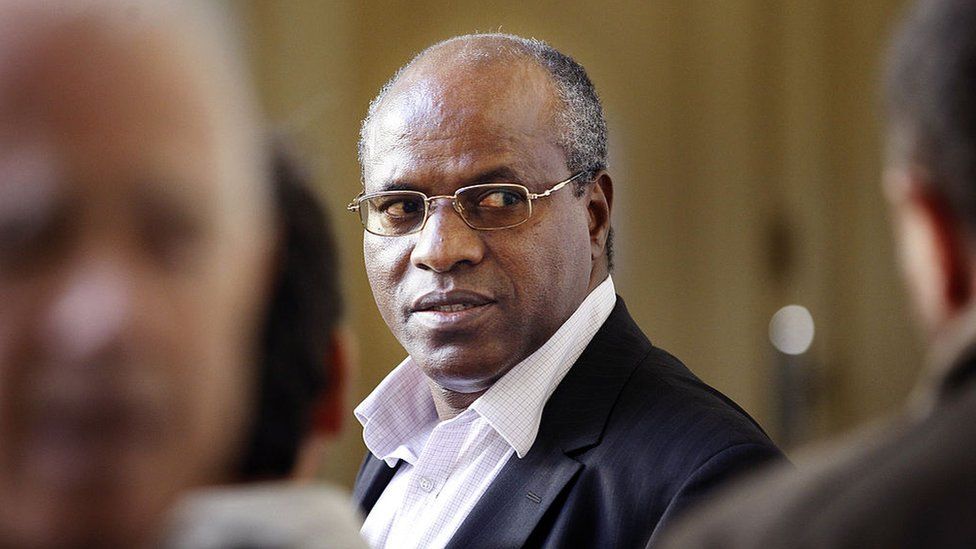-

-
-
Loading

Loading

In France, a former doctor from Rwanda named Sosthene Munyemana is currently on trial for charges of genocide and crimes against humanity. Munyemana, who was 29 years old during the 1994 genocide in Rwanda, lived in the southern part of the country at that time. He now faces allegations of organizing torture and killings. A complaint against Munyemana was filed in Bordeaux in 1995, a year after the genocide took place. It has taken French prosecutors 28 years to bring this case to trial. During the trial in Paris, a key to an office in Tumba will play a prominent role. Munyemana admits to possessing this key and claims that Tutsi individuals sought refuge in the office. His defense lawyer argues that Munyemana worked to prevent the genocide. However, prosecutors assert that he locked Tutsis inside the office under inhumane conditions before they were taken away to be killed. Both sides in the case acknowledge that it is unacceptable for it to have taken so many years to bring it to court. Munyemana, who denies the charges against him, could face a life sentence if convicted. The genocide in Rwanda was triggered by the death of Rwandan President Juvenal Habyarimana when his plane was shot down above Kigali airport on April 6, 1994. President Habyarimana belonged to the Hutu ethnic majority in Rwanda. While it remains unclear who exactly killed him, the president's death resulted in immediate retaliation by the presidential guard in Kigali. This retaliation involved murdering political opposition leaders and commencing the massacre of Tutsis and moderate Hutus. Within a matter of hours, individuals were mobilized throughout the country to carry out widespread killing. In a span of 100 days, between April and June 1994, an estimated 800,000 Rwandans lost their lives.